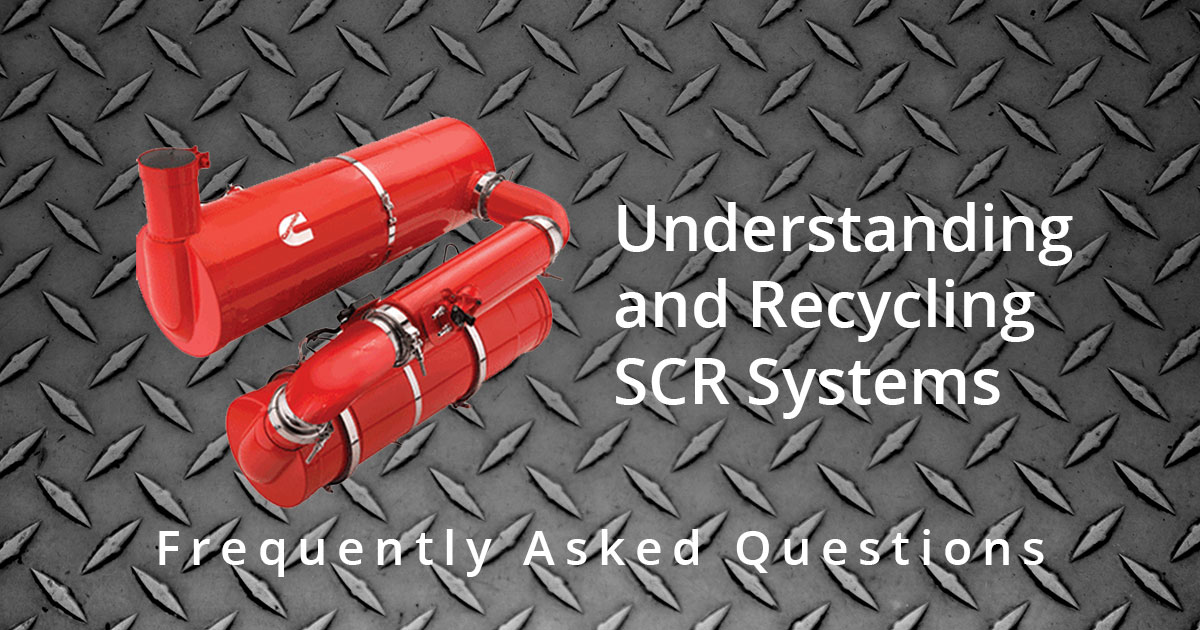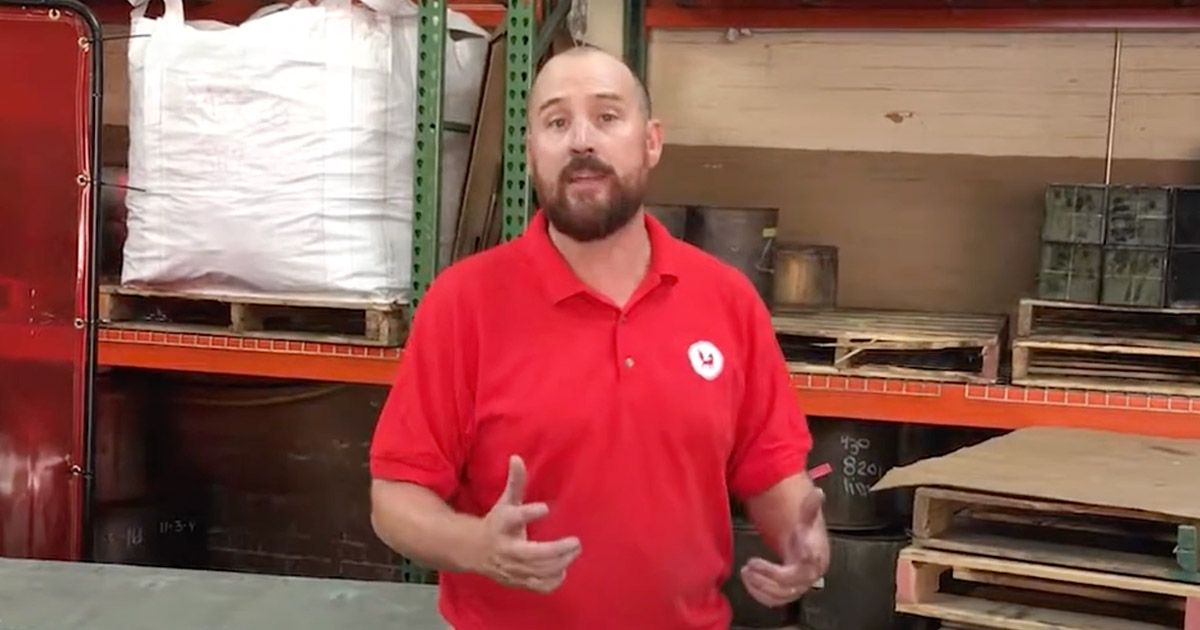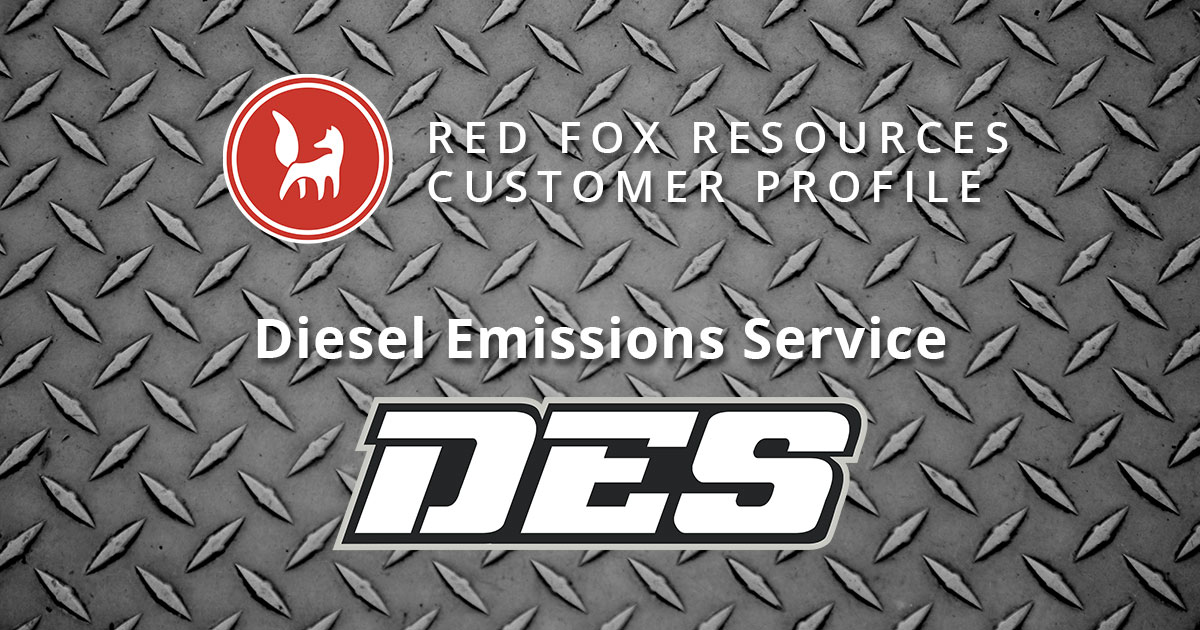
Catalytic Converter Recycler Benefits from Toll Refining Diesel Material [Case Study]
Using a specialized toll refining partner to process DPF/DOC material is cost-effective and profitable.
Industrial Precious Metal Recycling

Using a specialized toll refining partner to process DPF/DOC material is cost-effective and profitable.

Practical solutions to help catalytic converter recyclers streamline their processes while maximizing profits.

Understand and identify SCR systems that can and cannot be recycled like DPF or DOC components.

Three (3) simple steps for packaging scrap DPFs and DOCs for shipping to Red Fox for PGM recycling.

Using DPF, DOC and three-way catalyst recycling as a stepping stone to a zero waste business practice.

Diesel Emissions Service has been a leader in diesel emissions, including DPF and DOC recycling in the Western U.S.

New emission parts recycling program provides revenue and sustainability opportunity for Mack truck dealers.

We answer the most common questions and provide a good understanding of DPF cleaning.

CARB adopts a smoke opacity limit of 5% for heavy-duty vehicles equipped a DPF and recommends DPF recycling.

Volvo Trucks partners with Red Fox Resources to provide DPF and DOC recycling for Volvo Truck dealers across North America.